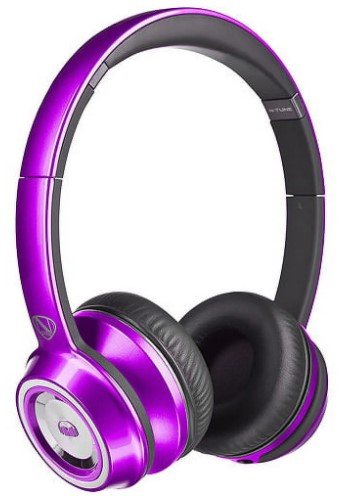Not everyone is camera shy or gets nervous when they are on the air, but I started out being one of the worst guests a host could ever end up with. I answered their questions with as few words as possible and acted like I had no sense of humor.
To start with, I grew up stuttering and was terrified I would fall back into the habit when I became nervous, so I tried to avoid situations where I knew I would be nervous. But then in the early 90s I began to teach entrepreneur skills because of the success I had with my business and my involvement in a local chamber.
One of the first people I met became my mentor and he pushed and prodded me to get out into the world to speak about my business. You have heard of the shameless promotion which is so finely crafted you don’t recognize it as a promotion.
As an example: “In a time where everyone is struggling for business, I have learned how to increase my business by more than 50% using techniques anyone can implement.”
It’s a bold statement, but one that will gain the attention of any business audience. And at the time, my business was designed to help other entrepreneurs increase their business client base and it was an effective statement which was also a very conservative statement.
I decided to take a media class inSan Franciscoafter I had been asked to appear on a couple of the local television and radio programs. During my first take on video, my mouth didn’t move when I talked and I don’t think I took breath once! I was not a natural to say the least.
By the end of the semester, I could get through a small segment and not look like a manikin but I still struggled with feeling comfortable. But I kept at it. I read books on media presentation styles, took a few more courses and made sure I got interviews at least once a month.
Eventually, I became comfortable. I can even pinpoint the exact time and interview when that happened. I was being interviewed on a show inSan Francisco, live in the studio with a renowned author who wrote about networking socially and I had been speaking about networking for business. The hour flew by and I kept up with the pace of the interview and the author who had 20+ years of experience with the media! I walked out of the studio is a sense of accomplishment and the satisfaction the host had asked for me to return for another interview.
Over the years I’ve had more than 200 interviews and had two radio programs simultaneously on an AM station. I’ve interviewed no less than 200 guests for radio, podcasts, joint ventures and even marketing projects. What used to be one of my biggest challenges now comes naturally to me.
What I’ve learned is a good guest and host both:
- Keep your answers to small (30 to 60 second) sound bytes
- Remember your interview is meant to be entertainment. Be interesting and interested in what the host’s direction becomes
- Never promote. You obviously can mention your book or project, the host will typically ask you, but don’t sound like a commercial
- When you mention your book, keep it pertinent to the hosts questions
- Always agree with the host even when you don’t follow the same belief and then try to tell a story from your opposing point of view
- Be prepared for the unexpected (write out additional questions as a host and as a guest learn to ask questions of the host)
- Practice until your feel each interview is more like a conversation with a friend
- Offer a reason why a listener would want to visit your website (give away an audio, ebook or something that is relevant)
- Even if your topic is weighted, keep your interview light and upbeat
You’ll find you enjoy the interview more and the host will more likely invite you back for a repeat visit!

